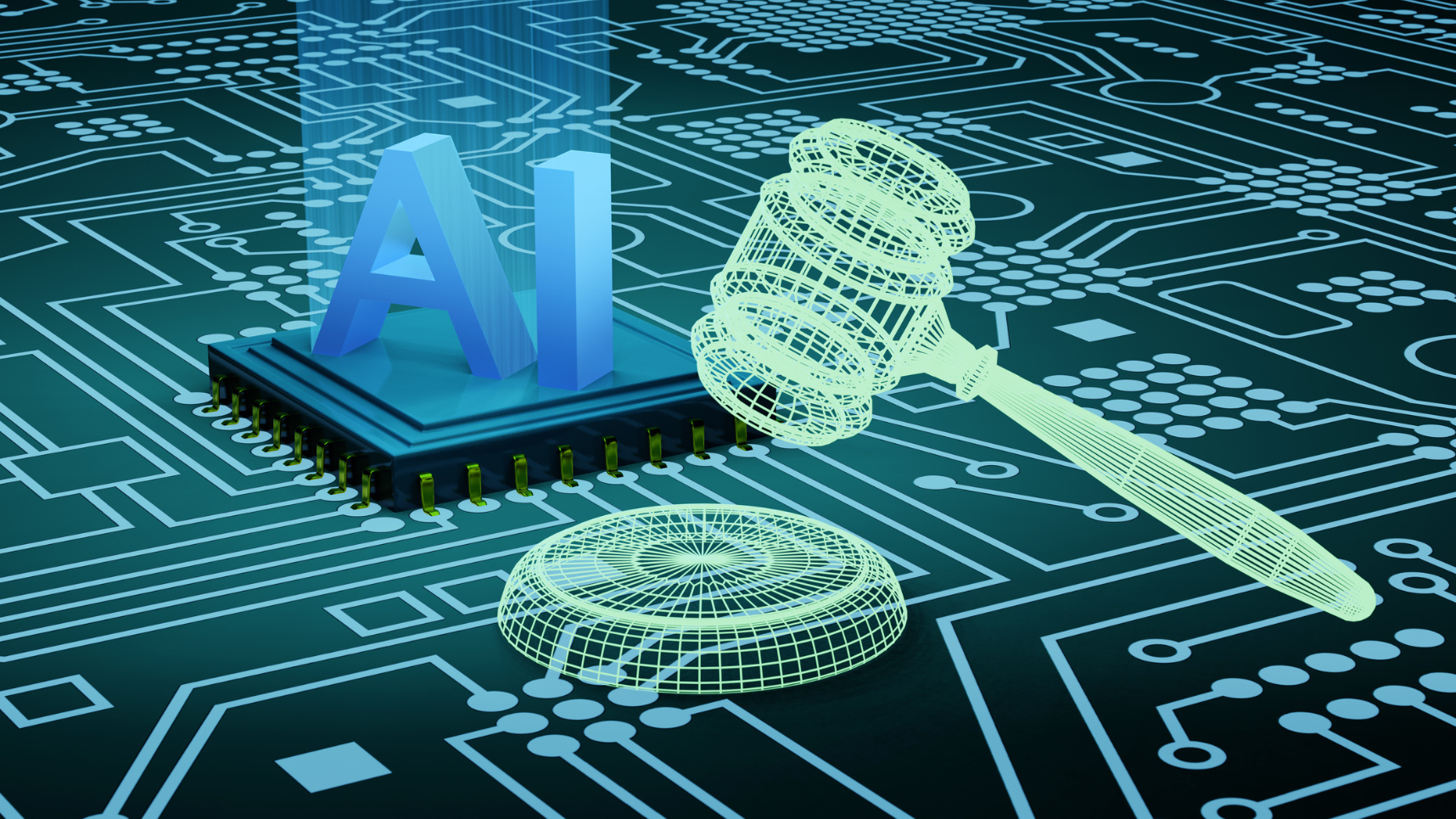Artificial intelligence (AI) systems are rapidly advancing, driving innovations in healthcare, finance, transportation, and more. However, as AI becomes more sophisticated and integrated into critical systems, a key question emerges: How do we balance anonymity for AI developers with accountability for potential harms?
This issue demands a nuanced approach that acknowledges the benefits of anonymity while establishing mechanisms to address unintended consequences. In this blog post, we’ll explore the intricacies of balancing these priorities and propose potential policy solutions.
The Importance of Anonymity in AI Development
Maintaining anonymity for some aspects of AI development fuels innovation by:
- Fostering creativity and risk-taking: When developers can experiment boldly without fear of personal repercussions, cutting-edge ideas flourish.
- Enabling open collaboration: Open source thrives on anonymity, allowing developers to share advancements and democratize access to technologies.
- Reducing bias: Anonymity shields developers from biases based on personal traits, enabling more objective AI.
The Need for Accountability in AI Systems
However, as AI integrates deeper into social systems, accountability grows crucial for:
- Mitigating unintended consequences: Even advanced AI can produce unintended biases and disparate impacts that violate ethical norms.
- Preventing malicious exploitation: As AI grows more powerful, establishing accountability discourages misuse by malicious actors.
- Building public trust: Fostering transparency and accountability helps assuage public concerns surrounding AI and differentiate responsible developers from bad actors.

Policy Solutions for Balancing Anonymity and Accountability
How do we strike a productive balance? Potential policy solutions include:
1. Layered Attribution
Layered attribution assigns different levels of responsibility across development stages and personnel involved. For example:
- Open anonymous collaboration on foundational research to spur innovation.
- Attribution to individuals for subsequent development and testing.
- Organizational accountability upon deployment to address real-world issues.
This balances anonymity to fuel progress with accountability upon impacting users.
2. Algorithmic Auditing
Independent third party auditing bodies could assess algorithms for:
- Potential biases that produce unfair or discriminatory impacts.
- Security flaws that leave systems vulnerable to attacks.
- Transparency issues that reduce explainability.
Constructive auditing reports would inform developers on potential harms to address before deployment.
3. Impact Assessments
Requiring impact assessments before deployment could involve:
- Simulating AI systems to model performance across use cases.
- Consulting domain experts to identify potential long-term consequences.
- Interviewing impacted communities to incorporate diverse perspectives.
Assessments promote proactive mitigation of risks from limited developer perspectives.
4. Ethical AI Frameworks
Industry-wide frameworks outlining ethical expectations could cover:
- Development practices: Standards for annotation, testing, and documentation.
- Deployment guidelines: Rules addressing consent, privacy, and security.
- Monitoring requirements: Post-launch auditing for model drift and data benchmarks.
Shared ethical guidelines shape norms while allowing flexibility across use cases.
Moving Forward Responsibly
Achieving an optimal balance between anonymity and accountability in AI is not simple, involving complex technical and ethical tradeoffs. It necessitates ongoing dialogue among policymakers, developers, auditors, and the public. By recognizing this nuance and establishing standards and oversight tailored to diverse applications, we can promote AI progress responsibly aligned with social values.
Key Discussion Areas
Additional considerations moving forward include:
- The role of explainable AI (XAI) techniques in fostering transparency.
- Potential coordination on international AI ethics standards.
- Strategies for improving public understanding of AI to inform policymaking.
Conclusion
Balancing anonymity with accountability across the AI development lifecycle involves recognizing the benefits of both: fueling innovation through anonymity while addressing harms through accountability. This demands solutions encompassing layered attribution, auditing structures, impact assessments, and ethical guidelines tailored across different use cases and systems.
With careful, nuanced policies and responsible development practices, AI can continue uplifting our world while aligning with shared human values of fairness, understanding, and progress for the greater good.
















Add Comment